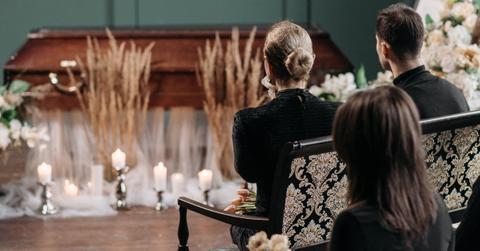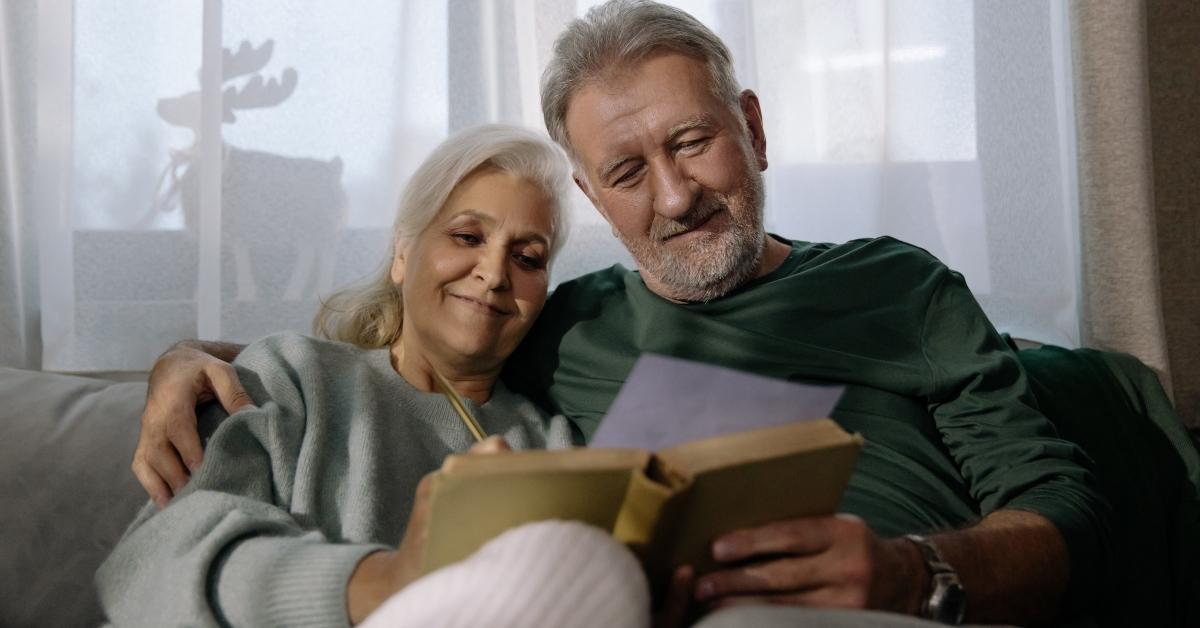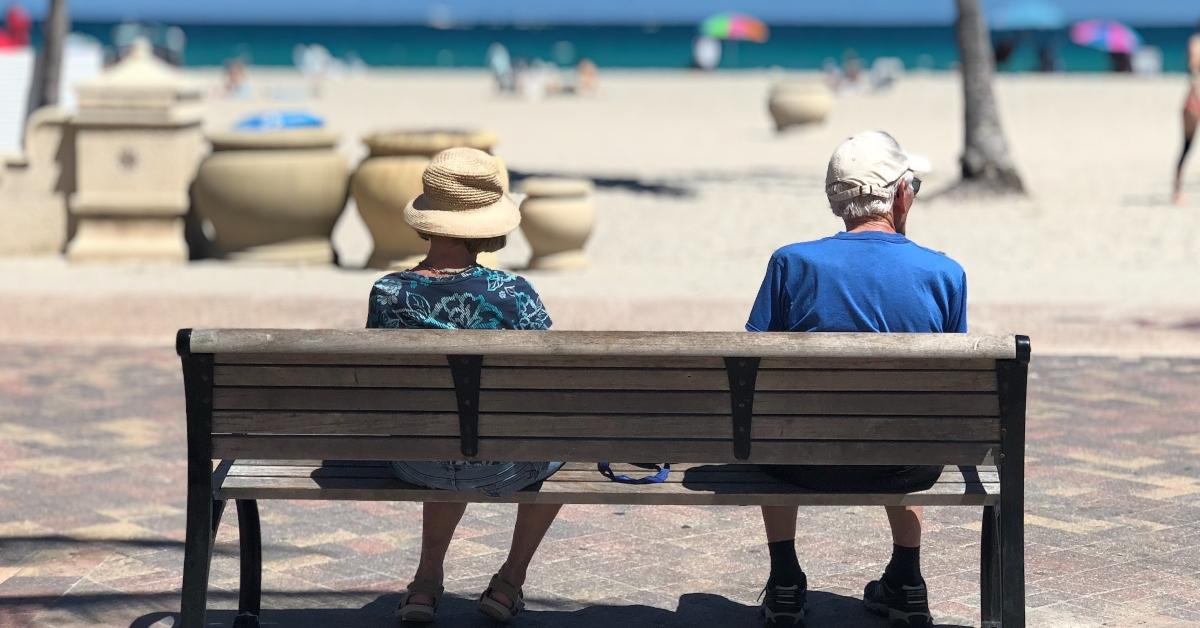What Happens to Your 401k When You Die or Quit Your Job?
For years, you’ve been socking away money in a 401k to use when you retire. What happens to your 401k when you die or leave your job?
June 16 2021, Published 8:32 a.m. ET

For years, you’ve been socking away money in a 401k to enjoy the good life when you retire. A 401k is an investment account, usually set up through your employer, that allows you to save part of your income for retirement. Most of the time, employers match the amount of money you contribute to your 401k up to a certain percentage rate.
But what happens to your 401k when you die or leave your job? Let’s look at both scenarios.
What happens to your 401k when you die?
The easy answer is that the money in your 401k gets distributed among your beneficiaries. But sometimes, the process can be a little more complex.

When your 401k is first opened, you're required to designate beneficiaries, or people who get your money if you die. Beneficiaries can be your spouse, children, sibling, or others. You can also designate the percentage of your 401k that your beneficiaries will get. For example, you can have 100 percent of your 401k go to your spouse, or, if you have two children and no spouse, you can allocate 50 percent to each child.
Designating beneficiaries will help avoid probate and give beneficiaries easier access to your assets. If you don’t select beneficiaries, your 401k automatically goes to your spouse or becomes part of your estate when you die.
When assigning your beneficiaries, you choose a primary beneficiary. For married couples, the primary beneficiary is usually your spouse. Choosing someone other than your spouse as the primary beneficiary will require you to get your spouse’s consent in writing. It's also worth noting that, in some states, you need to get your spouse’s consent to change beneficiaries even after you've divorced.
Beneficiaries should be able to access money in your 401k easily without having to wait for probate. In most cases, they'll have to take the money out of the 401k account and pay the necessary local, state, and federal taxes on that money. Also, beneficiaries taking the lump sum withdrawal from your 401k after you die won’t be required to pay the 10 percent early withdrawal tax that's typically paid for early 401k withdrawals.
Some 401k plans allow beneficiaries to receive payments from the plan spread out over several years. Your spouse can also choose to roll the 401k into an IRA, which will delay paying taxes on that money.
What happens to 401k when you quit?
Since your 401k was opened for you by your employer, they won’t want to continue to manage your account if you quit or leave your job. And, if they've been contributing to your 401k, they’ll take back the money they gave you if you aren’t fully vested in the company.
What happens to your 401k when you quit depends a lot on how much money is in it. For amounts under $5,000, your employer could ask you to move it to a different account or do an “involuntary cashout,” where they move your money into an IRA (individual retirement account) for you.

If there's less than $1,000 in your 401k, your employer may just send you a check. If they do that, be sure to put it directly into another retirement account to avoid any taxes or penalties from the IRS.
For 401k accounts of $5,000 or more, there are a few options if you quit your job:
Leave the money where it is.
Roll it over into a new retirement account.
Withdraw it.
Just remember that if you choose to withdraw the money from your 401k, you may have to pay taxes on that money, along with substantial IRS penalties.
